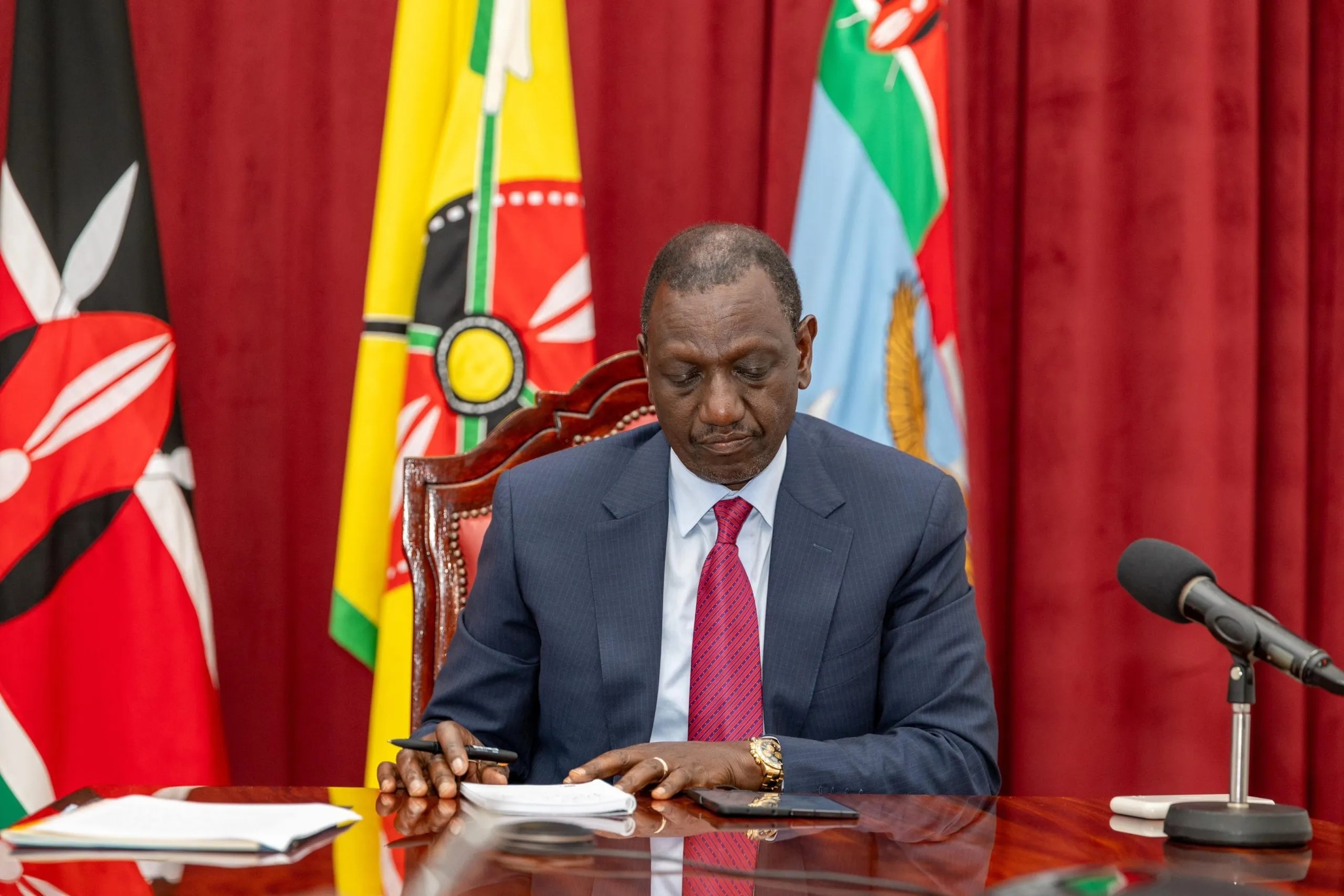Controversial billionaire entrepreneur Elon Musk, in his usual style of throwing a cat among the pigeons, provoked strong reactions when he said mainstream media outlets were getting their content from social media.
"Newspapers basically just report on what they read yesterday on X," Musk said, referring to the platform formerly known as Twitter.
Elon Musk is currently the world's richest man. In 2022, he bought Twitter and renamed it X, while promising greater freedom for users to express their thoughts.
On whether mainstream media (newspapers, radio and TV) gets news from social media, Musk was asking a question that's also on the minds of Kenyans.
An equally important question is whether mainstream media loses credibility when it gets information from social media. Mainstream media outlets have some of the largest following on social media. As much of the content shared on social media comes from media companies, can social media exist without the mainstream media?
Findings published in 2022 by the Centre for Economic Policy Research (CEPR) show that social media platforms, such as Facebook and X, influence how mainstream media report the news. Media organisations rely on advertising revenue and, therefore, tweak their content to attract large numbers of viewers on social media and, thereby, get advertisements.
CEPR researchers proved that social media motivates journalists to cover only the topics that are trending on those digital platforms. However, trending topics may not be popular with the average citizen. By relying on social media to determine the likes or dislikes of the audience, journalists are getting a distorted view of information.
The researchers, Nicolas Hervé, Béatrice Mazoyer and Julia Cagé, analysed 2 billion tweets over a year. They noticed that an increase in social media coverage about a particular topic would be followed by an increase in news articles on that story. This proved that mainstream media indeed tracks trends on social media.
The influence of social media on journalists is higher in mainstream media organisations that have a large number of journalists with an X account. This is more evidence that journalists are actively monitoring social media.
The problem with this approach is that not everyone in society is on social media. Depending on social media as a news source may result in content that is biased towards a section of the population that's digitally active, while ignoring everybody else.
As of January 2023, Kenya had 10.5 million social media users, according to data by analytics firm Statista. This represents just about 20 per cent of the estimated national population of 55 million this year. The majority of Kenyans are not yet on social media.
Newspapers basically just report on what they read yesterday on X
Television and radio still beat social media as the main sources of news among Kenyans. A joint survey by the Media Council of Kenya (MCK) and Infotrak Research in 2022 found that social media is the main source of information for 18 per cent of Kenyans. Television and radio were the most popular sources of news in the country, with a viewership share of 33 per cent. Only 4 per cent of Kenyans get their news from online news websites.
"Four in every five of the surveyed respondents highlighted that they rely on television for their information. This marks an improvement from 58 per cent in 2021," MCK said of the findings. The increased TV viewership was attributed to the 2022 electioneering and easy access to television through online platforms such as YouTube.
Surprisingly, bloggers are the least popular source of news. Only 1 per cent of Kenyans get their news from bloggers. Though bloggers are very vocal on social media, it seems they are not much known to the majority of people. This particular statistic is additional proof that relying on social media to determine what Kenyans want can produce misleading results.
The use of social media as a news source is steadily growing. The MCK – Infotrak survey shows that the percentage of Kenyans getting news from social media grew from 10 per cent in 2020 to 18 per cent in 2022.
The Reuters Institute confirms that more Kenyans are increasingly relying on social media to get informed on current affairs. In June, the institute revealed that Kenya has the world's heaviest users of TikTok. 54 per cent of Kenyan social media users surveyed admitted to using the video app as a source of news. Kenya was followed by Thailand, whose TikTok usage was 51 per cent. In third place was South Africa, where 50 per cent of respondents admitted to using TikTok.
Fake polls and videos were widely shared and the platform was widely criticised for lack of effective content moderation, allowing millions of people to engage with content that was intentionally misleading or even incited violence
The biggest drawback to social media as a source of news is that it is not regulated. Anyone can get onto social media and say anything without providing evidence. Social media can, therefore, be used to spread false information, as happened during the 2022 election period.
In a brief for the Reuters Institute, Catherine Gicheru of the Africa Women Journalism Project and George Nyabuga, a professor of journalism, warned about malicious people misusing TikTok to spread fake news. They describe how in 2022, TikTok "became the network of choice for political mercenaries during the elections".
"Fake polls and videos were widely shared and the platform was widely criticised for lack of effective content moderation, allowing millions of people to engage with content that was intentionally misleading or even incited violence," the two experts explain in the brief.
Gicheru and Nyabuga's criticism extends to WhatsApp and Facebook. Their role in an election year raised serious concerns about the quality of information in 2022, which was dominated by elections and the subsequent challenge of the presidential outcome.
"Increased efforts by fact-checkers to identify misinformation on WhatsApp and Facebook may help explain why their use as sources of news declined," the two communications experts say.

















